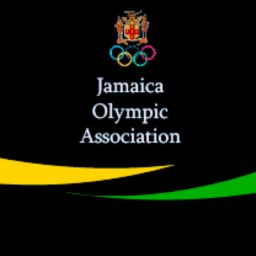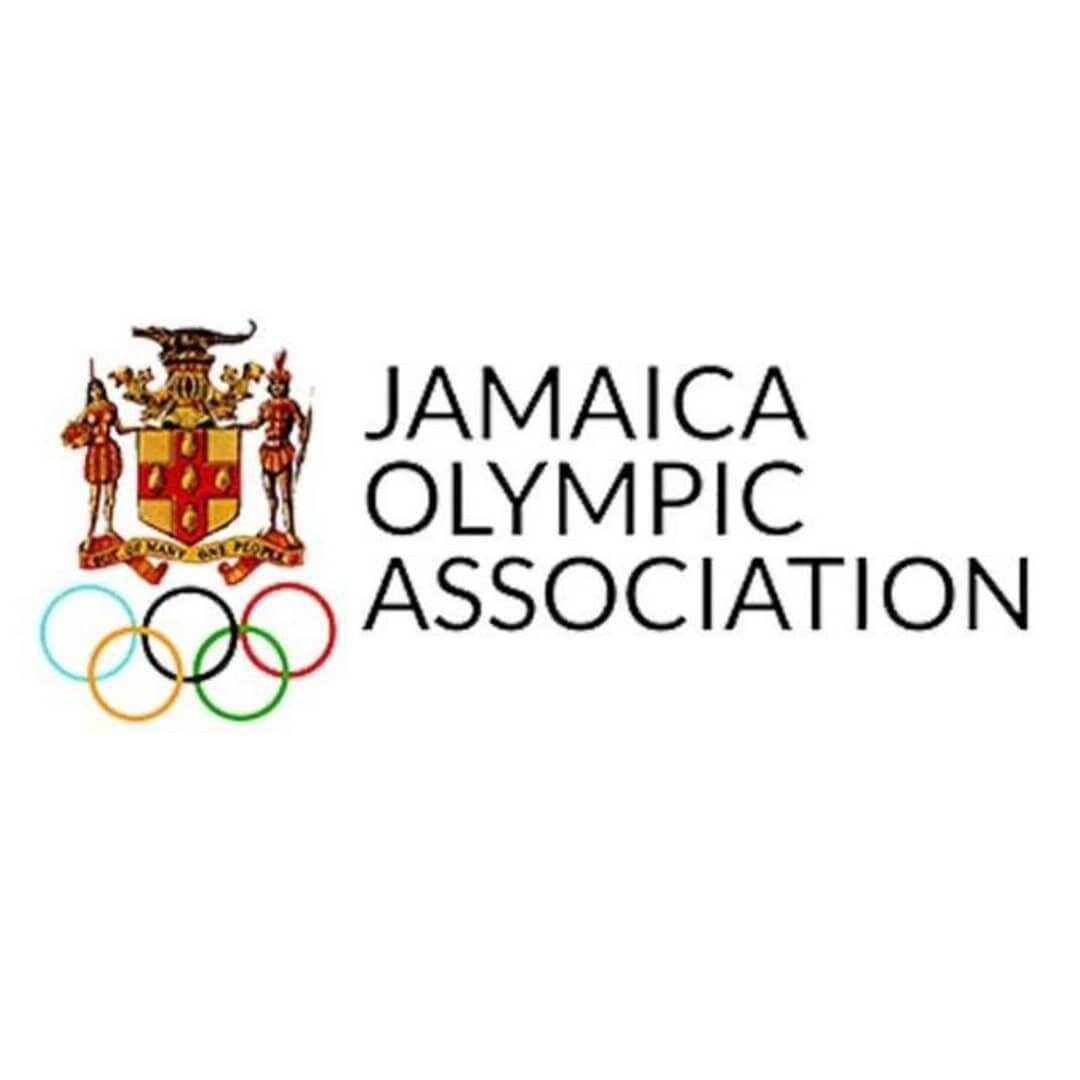
“The Tokyo 2020 Olympic Games is now history, but the advent of the COVID-19 pandemic will make it a blueprint for future international games, including the Olympic Games.
The success of Tokyo resided not only in its ability to have effectively controlled the spread of the virus, but also in the efficient execution of the health and safety protocols which significantly allayed previous fears that the regime would be invasive and disruptive,” Samuda told the Jamaica Observer.
He added: “Protocols and systems, while robust and restrictive, were well conceived and executed and demonstrated the Japanese Government’s commitment to its citizens and the Olympic fraternity in ensuring safety and security.
As the COVID-19 and its variants remain the world’s reality, the Japanese model will undoubtedly serve as the blueprint for future games.
“The Olympic Games is a very huge undertaking, with incredibly detailed services and logistics, a myriad of sport-specific operations, numerous commercial deliverables, complex management of facilities, and continuous financial modelling. For Tokyo to have done all of this in a hostile health environment deserves our applause.”
It was an Olympic Games the likes of which has never been seen before. It was the first postponement in peacetime, and the first Olympic Games without spectators
The year-long delay necessitated additional measures to combat the virus, which increased the already gigantic budget of US$14.9 billion by US$2.6 billion, making the Tokyo Olympic Games the most expensive Summer Games ever.
But Samuda thought the Jamaican management team played its role in the overall success of the Games.
“From a Jamaican perspective, our management team, from the very beginning, was on high alert as it dealt with health management matters. It continually managed people, activities, resources, emotions, and expectations with such professionalism that commanded strict compliance with protocols, but there was always a sensitivity to the welfare of each athlete and team member.
“Our Olympians, fully understanding the risks, went nevertheless into the pool in swimming and diving, in the ring in boxing, on the mat in judo, and on the track and field in athletics with great patriotism.
“The Jamaica Olympic Association thanks them profoundly for their sacrifice in representing our country and for affording Jamaica and the Olympic family the privilege of a memorable sporting experience.”
The JOA boss continued: “Jamaica did well. I am very proud of our athletes across the sports that were represented at the Games as they buried real fears of contracting the virus in the interest of the country. I am proud of them as they sacrificed time with family and leisure time to commit to the mission of making the Olympic dream a real experience for a nation. I am proud of them as they delivered inspired performances that demonstrated character.”
According to the Japan Times the number of infections among people linked to the Olympics has stayed very low in the villages where Olympic organisers created a bubble isolation system.
The newspaper reports that of the 430 confirmed positive novel coronavirus cases since July 1, only 32 were those of people who stayed in the village. A total of 286 are residents of Japan and 144 are from overseas. The largest portion of the total, 236, were contract workers, followed by 109 Games participants and 29 athletes.
Over 624,000 screening tests were carried out for people in the bubble system with the positive rate at 0.02 per cent, according to Games organisers.
Jamaica had representation on six sporting disciplines — track and field athletics, boxing, swimming, diving, judo and gymnastics — the most ever, and garnered nine medals; four gold, one silver and four bronze, the joint third-highest ever after the 12 earned at the London Games, and the 11 gained at the 2008 and 2016 Games.
Samuda’s Administration had planned for a “10 in 20” (10 sporting disciplines at the 2020 Games), but said the pandemic severely impacted that dream. But now he’s looking to the Paris Games, in three years’ time, to deliver an even bigger performance from Jamaicans.
“Tokyo was historic with the most sports being represented and the quality of the medal haul is commendable. In the absence of the pandemic, the JOA would have achieved its goal of 10 in 20, but with confidence we now turn our focus on Paris, where I am confident history, yet again, will be created.
“With the mandate ‘Sport for All and All for Sport for Paris’ the JOA will continue to invest in what people term to be the ‘smaller sports’ which for us at the JOA are emerging sports that have a right to be on the greatest international stage in sports. The success of the 2018 Commonwealth Games, the 2018 Central American and Caribbean Games, and the 2019 Pan American Games validates our approach,” he said.
“We have committed to professionalising the management of games and, based on the feedback of the athletes and comments made by regional colleagues, Tokyo was a watershed for the JOA.
“Sport is a business. The business of making the athlete the heart of the Jamaica Olympic movement. The business of inspiring performances that go beyond physical expectations. The business of teamwork, a unified vision, and a common mission. For the JOA it is ‘business unusual’ and we are steadfast in our commitment and efforts to make successive games better versions of their predecessors.”
]]>
